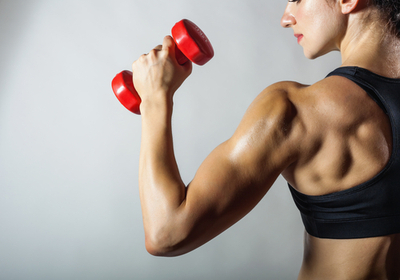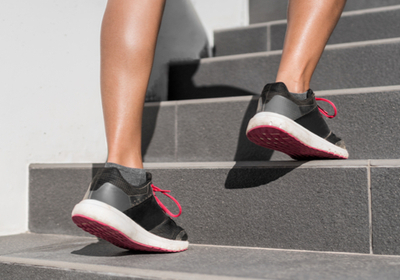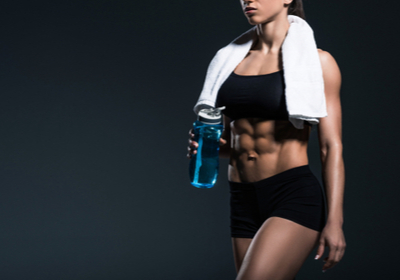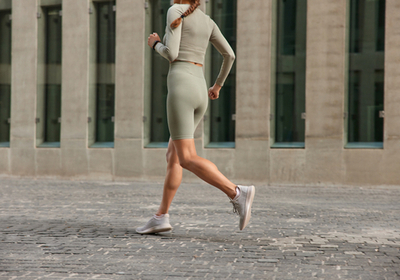
Gorgeous abs are perhaps the biggest dream of all fitness enthusiasts as well as professionals. However, not many people know how to get abs and pretty often make a lot of mistakes while trying to work on their abs. Therefore, in this article, we will talk about abs and how to get them quickly and stress-free
Your Abs Are What You Eat
Not many people know it, but your diet is extremely important for achieving relief abs. Of course, it doesn’t mean that you have to starve yourself or follow weird diets, but working out is definitely not enough to achieve such a goal. The thing is to build muscles you need protein, which means that you have to include more protein into your diet. At the same time, high qualities of sugar and Natrium (salt) provoke swelling that sort of hides the relief of the muscles even if you don’t have much belly fat. Thus, to get the six-pack, you have to make your diet healthier as well as drink enough water, and together with exercising, it will help you get the body of your dreams.
Don’t Overestimate Your Abilities
Many people think that the more they exercise and the less they eat - the better. Obviously, it’s not true. You have to adequately evaluate your abilities and consider those while working out and dieting. Trust us, starving yourself and exercising for 3 hours every day won’t bring better results. It will only damage your health, both physical and mental. So don’t worry if you cannot see the results after a few weeks of training and healthy dieting, just keep going and you’ll surely reach your goal.
Core and Back Muscles Are Essential
Probably 90% of people who would like to get abs usually forget about the core muscles and work only on their abs. This is a huge mistake. As a matter of fact, to have relief abs, you have to work on your core muscles simply because these muscles are close to each other, moreover, abs are a part of the core, so it’s impossible to get relief abs without working on the core. Therefore, working on your core will significantly boost the entire process. In addition to that, you shouldn’t forget about the back muscles. You see, our posture heavily influences the way our belly looks. You have probably already seen skinny people with weird and unproportioned bellies. Well, that happens because they have weak back muscles and their spine is curved in the way that makes their bellies sort of come forward. So in order to avoid that, make sure to strengthen your back muscles too.
Best Workouts for Abs
To wrap up, we would like to list some of the best workouts for abs, core, and back. So here they come:
Plank
Diagonal twists
Deadlift
Pushups
Bent-over row
Plank push-ups
Pull-up
Crunches
TRX suspension row
Leg lifts from lying position
Lat pulldown
Final Thoughts
A stunning six-pack is the biggest dream of many fitness enthusiasts and, luckily, it’s totally possible to make it come true. So consider the things we talked about in this article and start moving toward your goal now.
Read more





